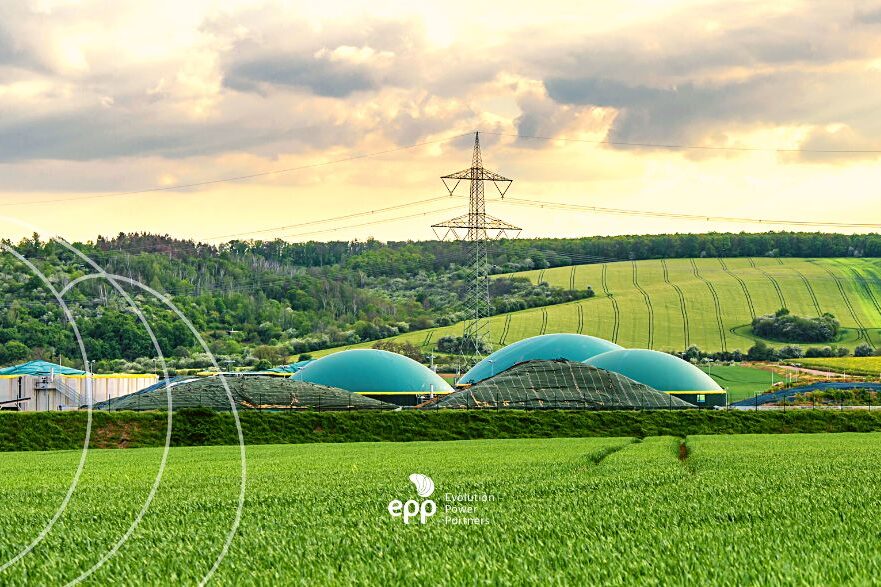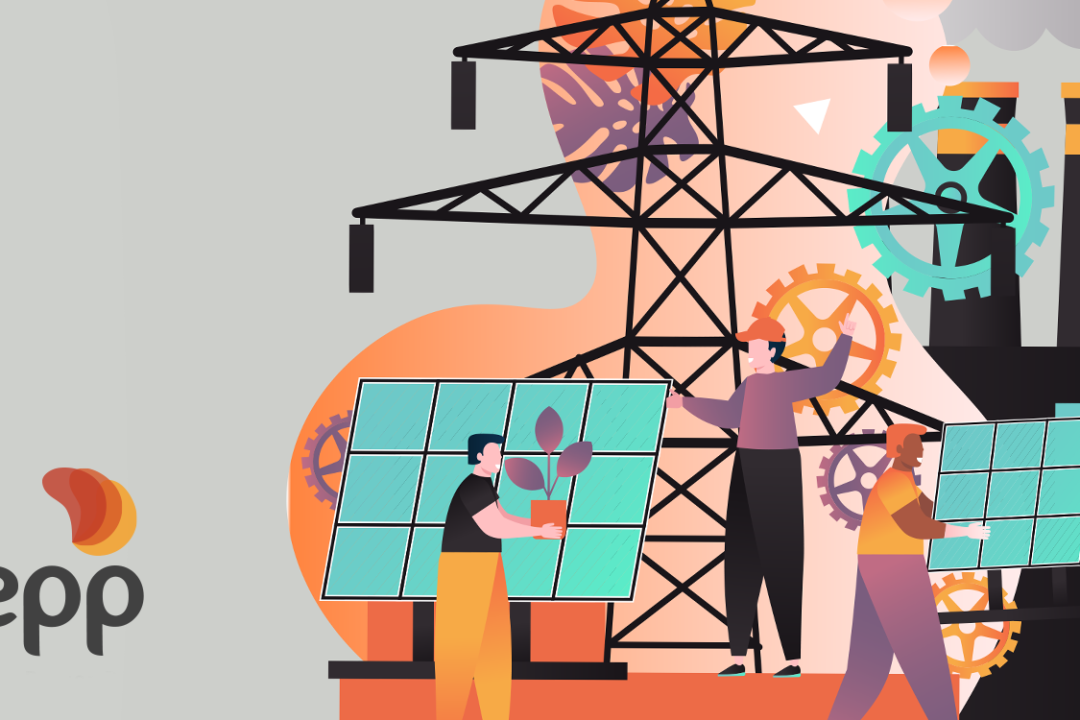With alternative sources, it is possible to improve the energy efficiency of generation, helping to avoid the worsening of the crisis in the country.
In 2018, Brazil was in 20th position in a ranking of 25 countries evaluated in relation to their policies and efforts to promote energy efficiency, according to a document presented by the American Council for an Energy Efficient Economy.
Energy efficiency means doing more or at least the same thing with less resource, maintaining the standard and quality in delivery. Thus, improving the energy efficiency of energy sources means generating the same or more amount of Kwh with fewer resources.
In general, as technology developed, energy production processes and energy-using equipment became more efficient. However, in a crisis scenario like the one we are currently experiencing, efficiency needs to be implemented throughout the energy chain, so that production is optimized and all energy produced is used and not lost in the process.
Efficiency and the water crisis
In 2001, Brazil experienced an unprecedented blackout with energy rationing across the country. Twenty years later, the issue is once again discussed due to the water crisis caused by a shortage of rain. To avoid the same 2001 scenario, greater investment in infrastructure and supplies was expected.
With this scenario, not only rationing is necessary, but also energy efficiency becomes essential. In the case of consumers in the captive market, the financial impacts are already being felt, with the recurring adjustments in the tariff flags. On the other hand, free market consumers, those who negotiate their contract conditions, are subject to large short-term price fluctuations, since the value of energy is linked to the supply and demand of the moment.
In this sense, from the point of view of generation, the question of energy efficiency can be better used in distributed generation projects. As the model uses less centralized energy from the electrical system, there is a saving in the use of more expensive energy sources. In other words, the fact of not consuming energy produced in a thermoelectric or hydroelectric plant and using energy from a solar system, for example, is already a pro-efficiency characteristic.
According to the National Confederation of Industry (CNI), industries have adopted some measures to face the water crisis, with around 34% of the measures linked to the adoption of actions in energy efficiency. Thus, 26% invested in self-generation of energy, 22% opted for changes in the operation, 18% started to treat and reuse water and 34% did not take measures or were unable to say.
Energy efficiency from alternative sources
The best prepared companies are investing in energy efficiency to reduce their costs and bring more and more competitiveness to their businesses. These large organizations are investing in their own energy generation in order to bring reliability to the energy supply, so as not to impact their production capacity. The most used sources are renewable sources, such as solar and biogas, produced from biomass.
Biomass is a renewable resource available on a large scale, mainly in Brazil, which can come from rural and industrial production, solid waste and sewage sludge. With it, it is possible to produce biogas in high efficiency, making the entire process, from production to use, to be maximized. Biogas stands out in relation to solar energy, for example, because of the capacity factor — amount of generation per installed power.
Solar energy can only be generated while there is sunlight. Biogas, on the other hand, has more resources available for its production and generation can happen at any time. Combining this with power, there is an improvement in energy efficiency.
Therefore, in a crisis scenario, investing in energy efficiency is one of the ways to increase production and reduce courses. Looking at the scenario, biogas becomes a more interesting option in relation to another alternative generation.






